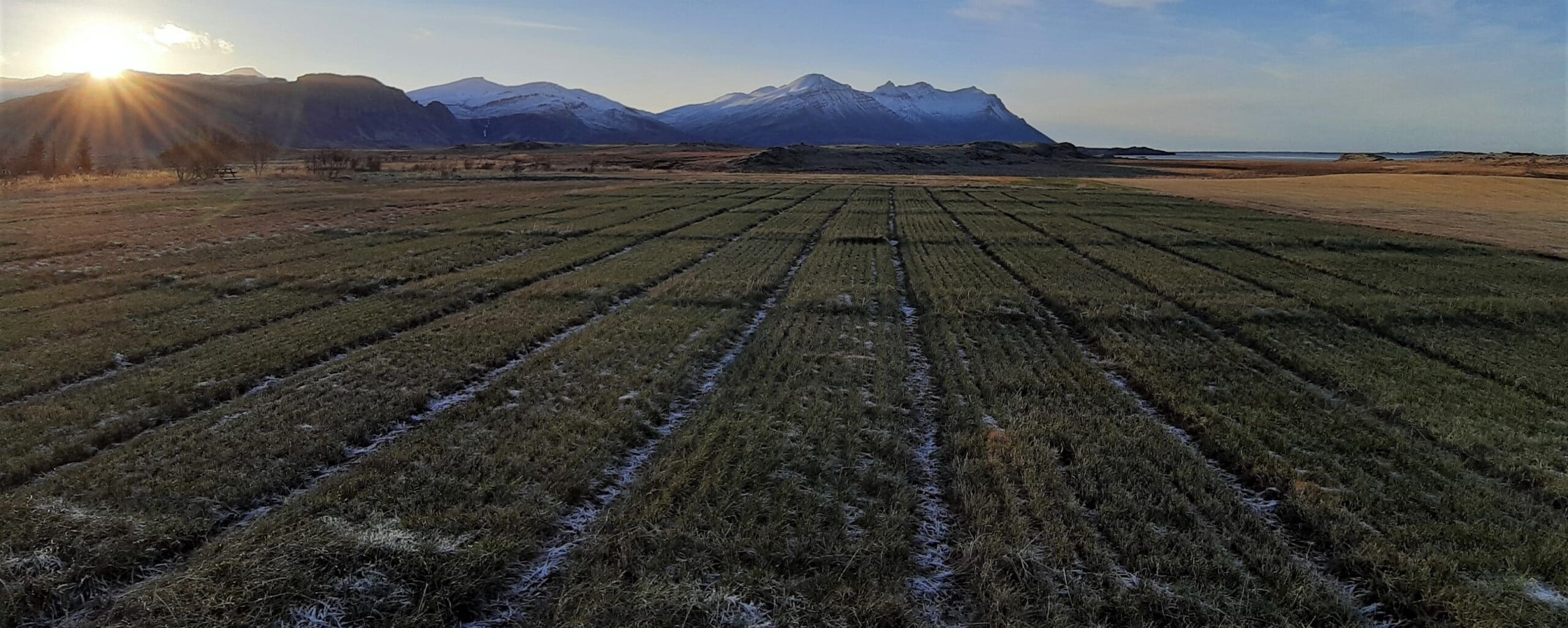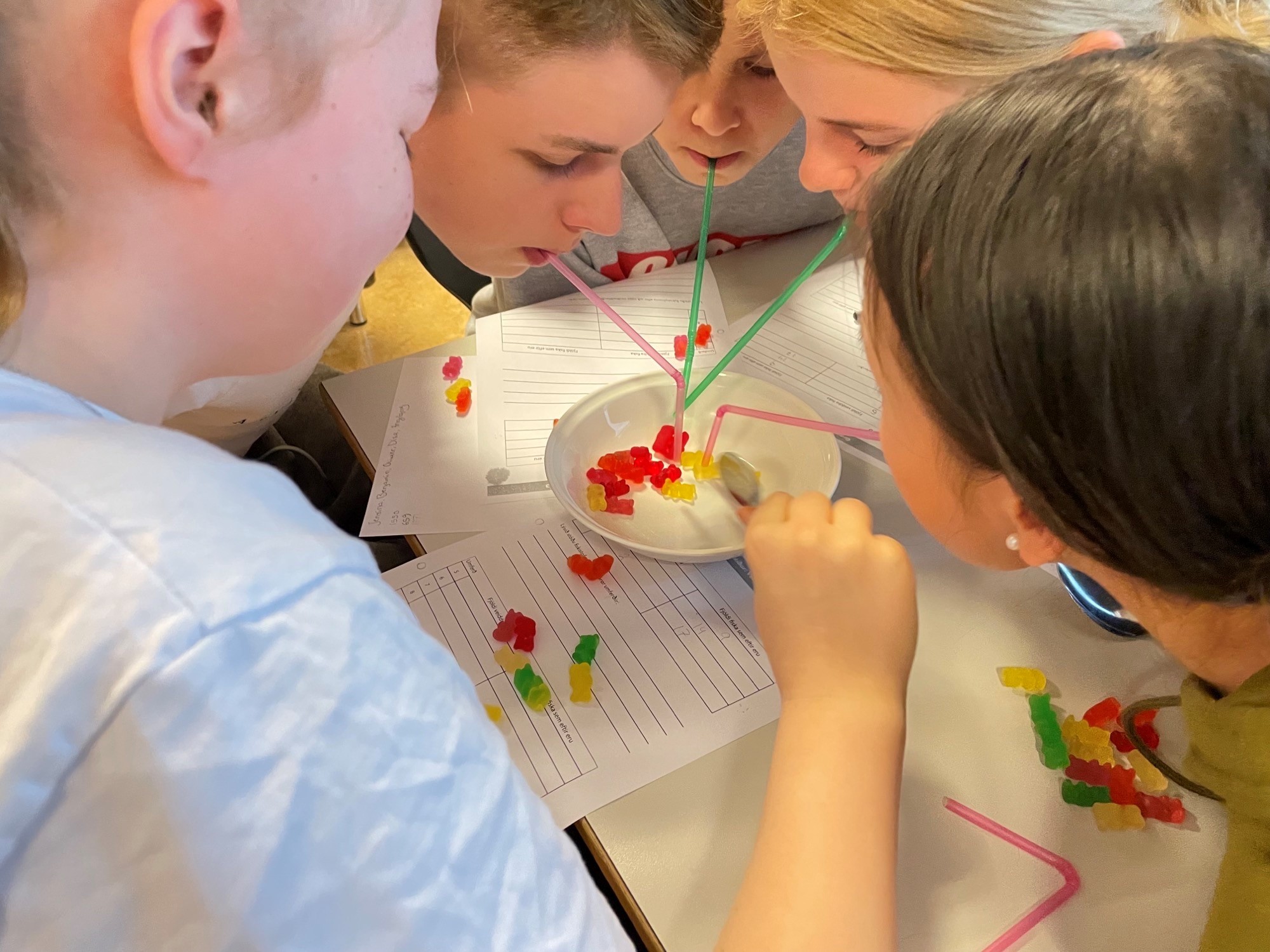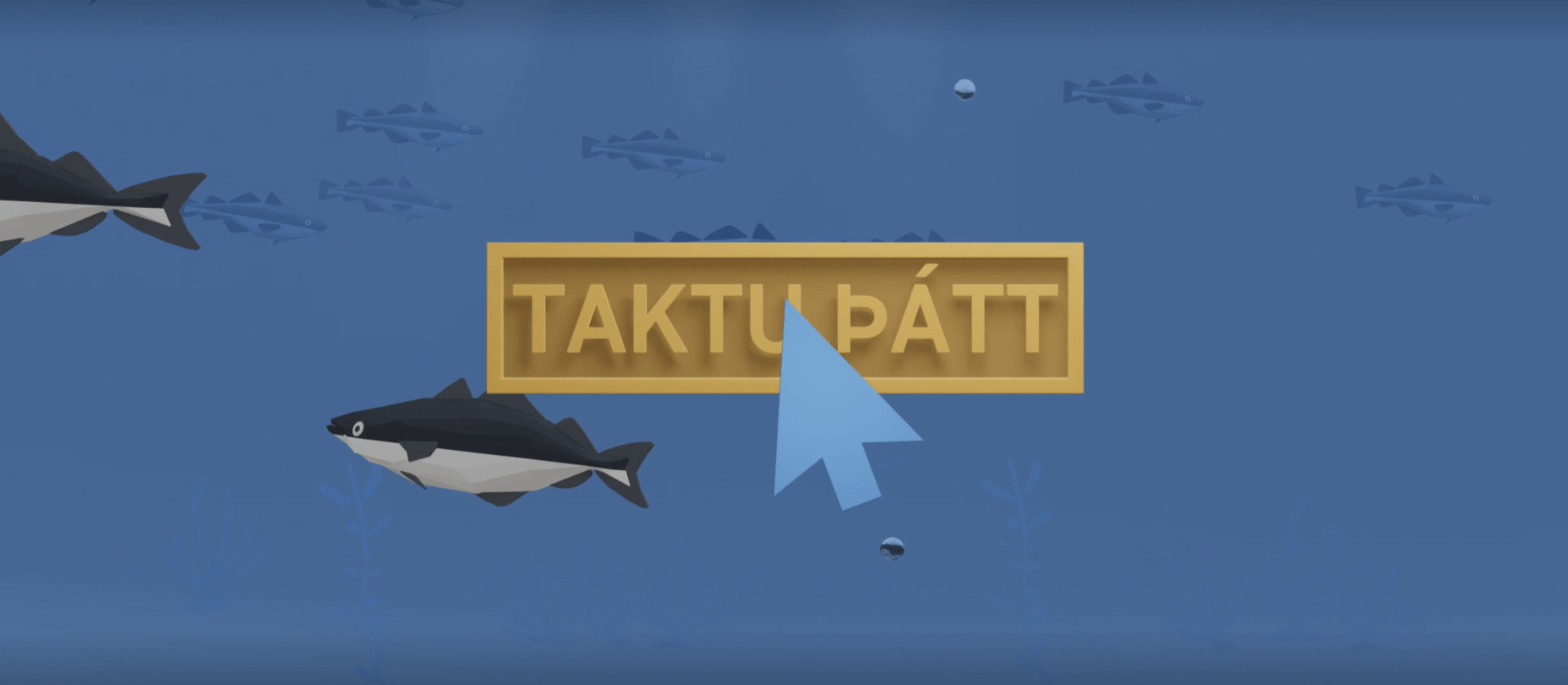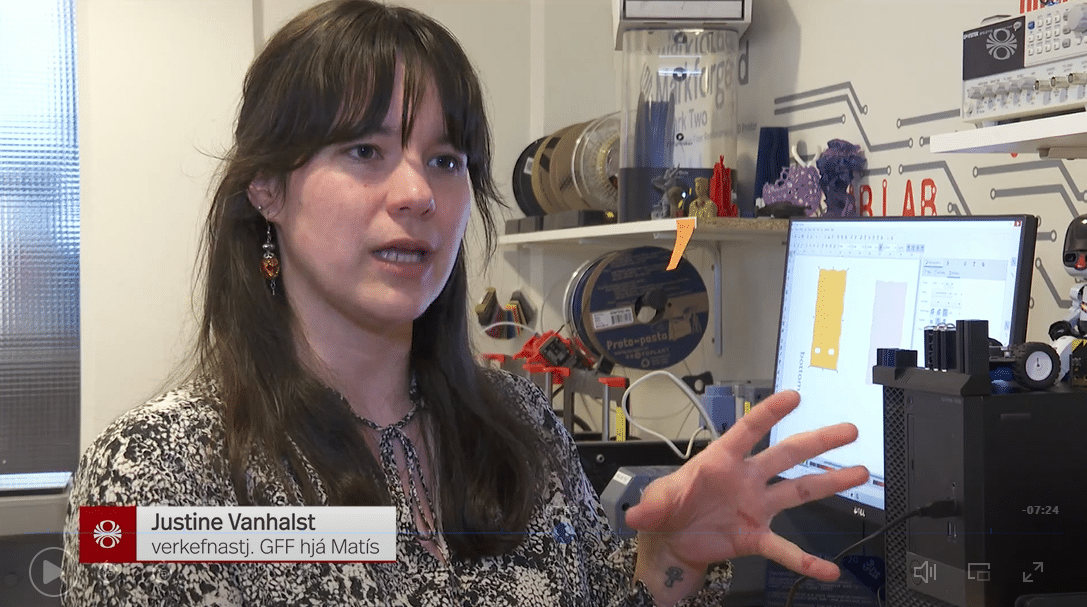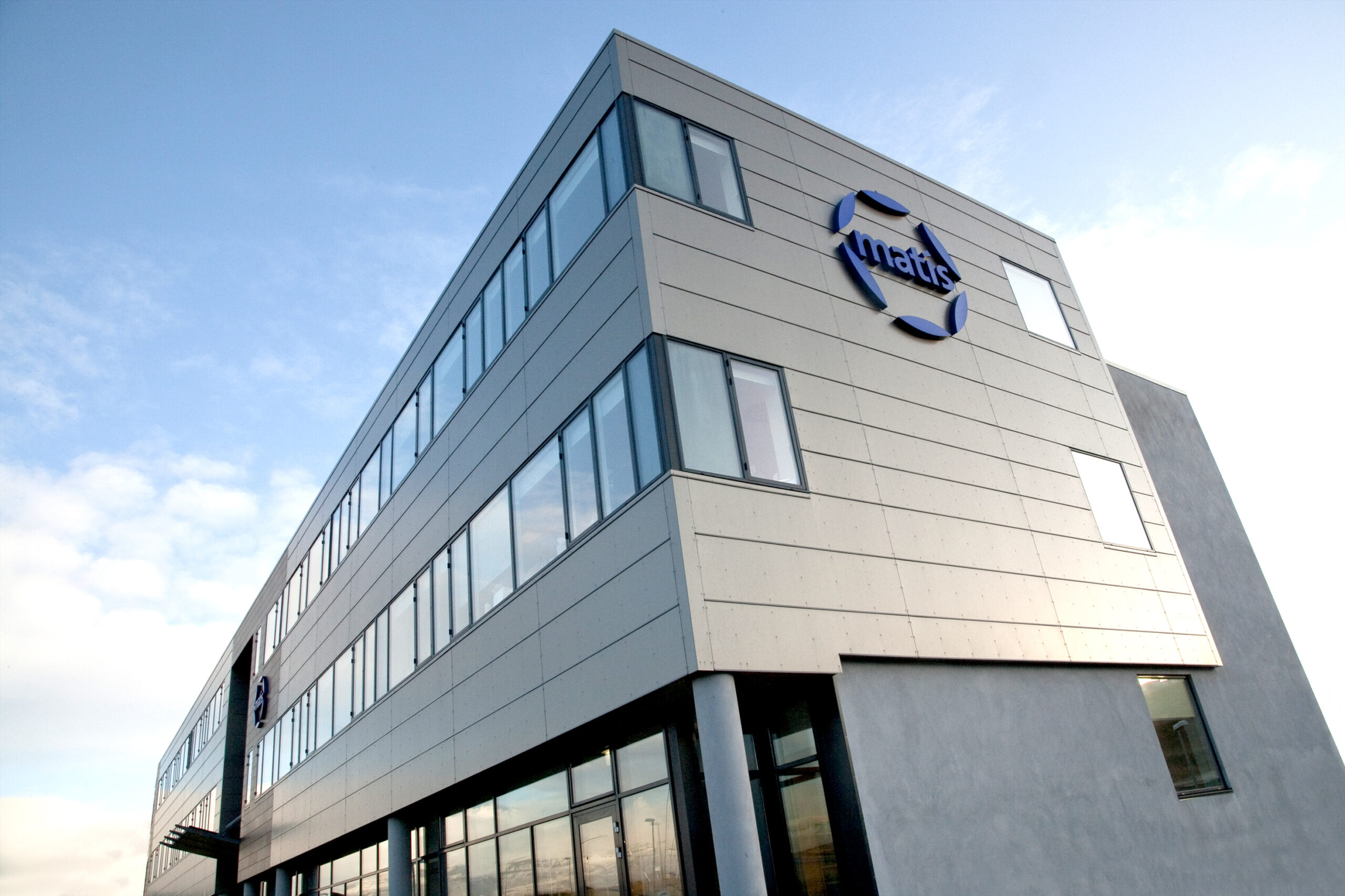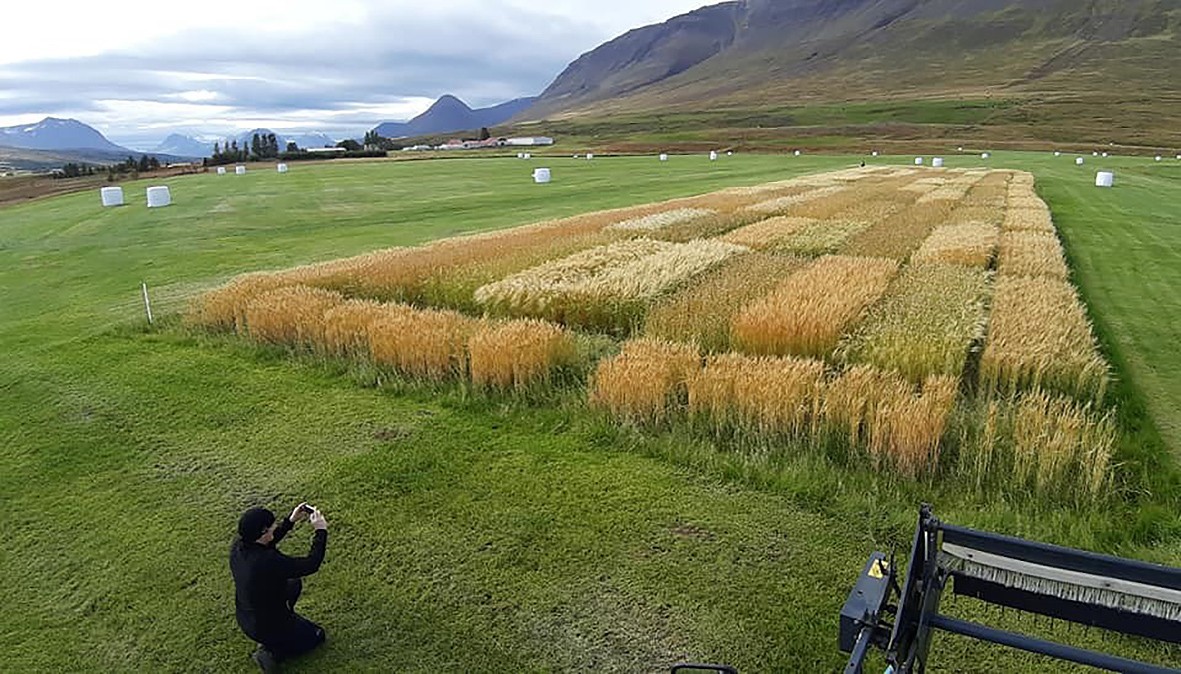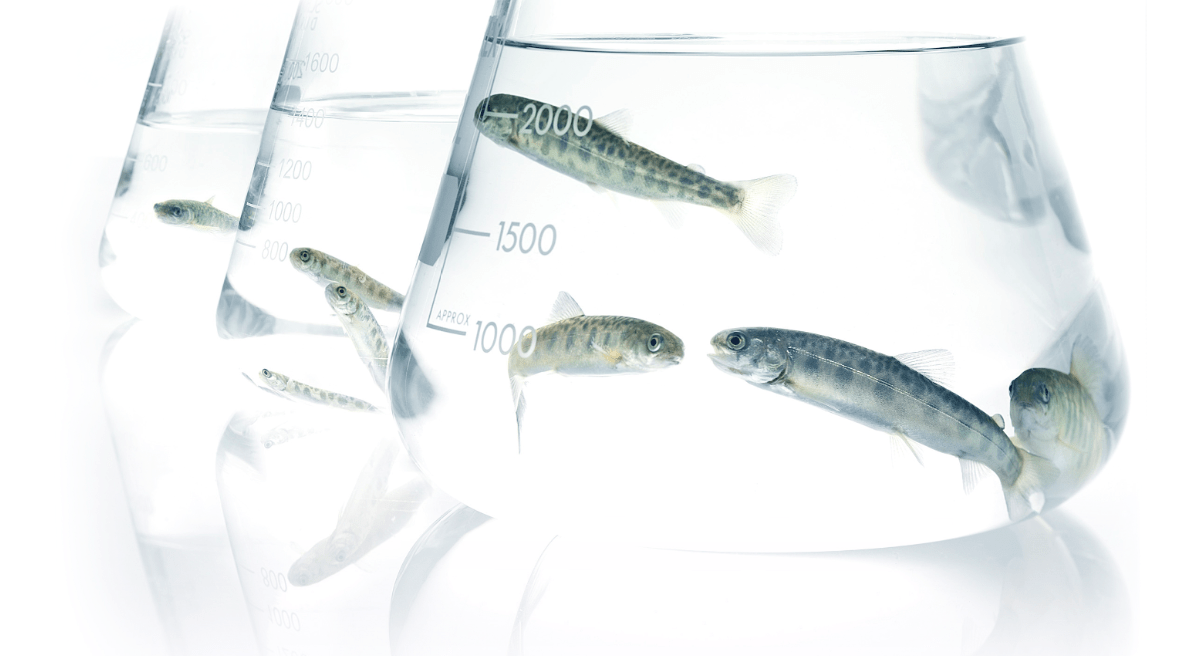Report on analysis of the amount of organic fertilizers in Iceland and opportunities for increased utilization
Rannsóknar- og nýsköpunarverkefnið Sjálfbær áburðarframleiðsla – heildstæð nálgun á hringrásarhagkerfi var styrkt af Markáætlun Rannís í byrjun árs 2021 þar
